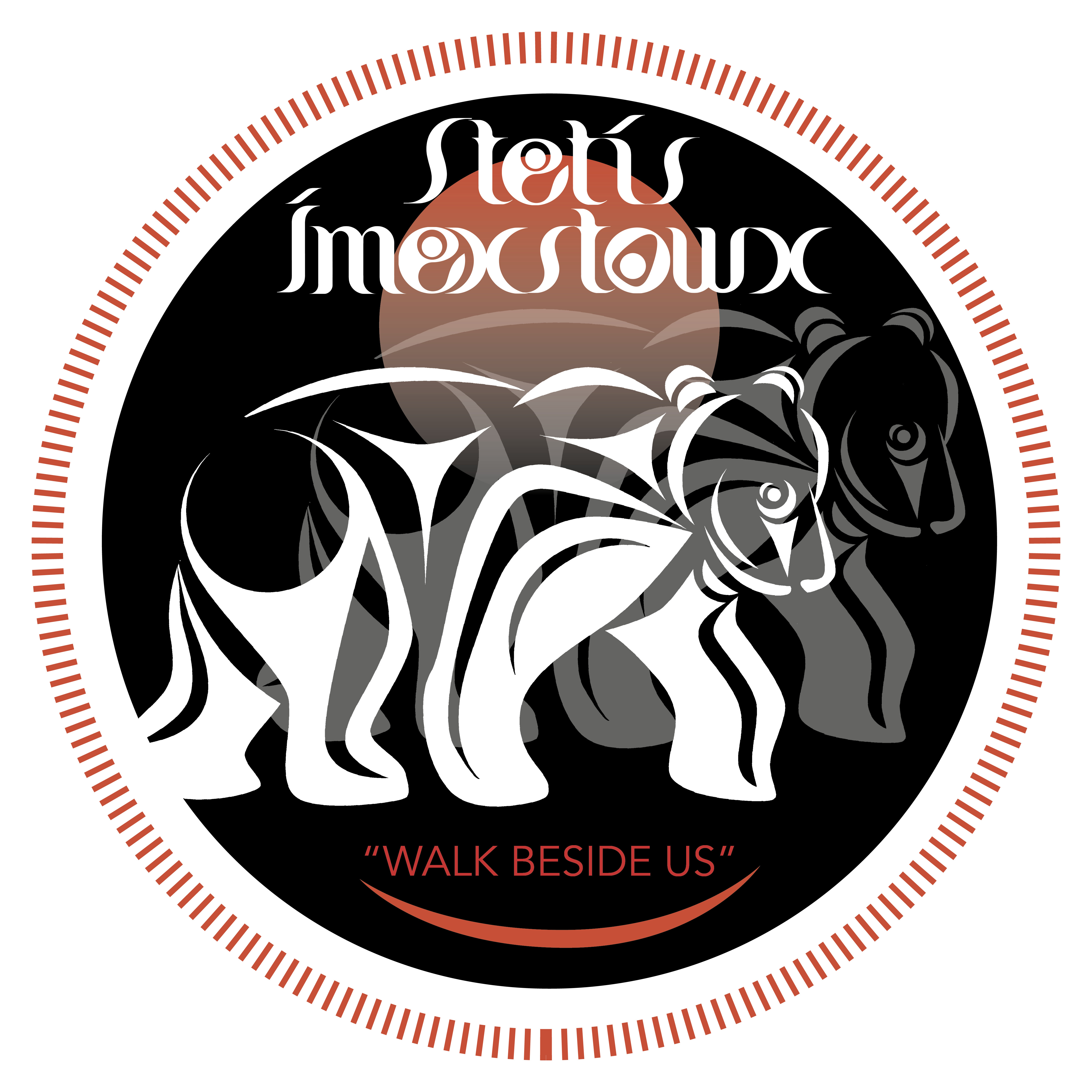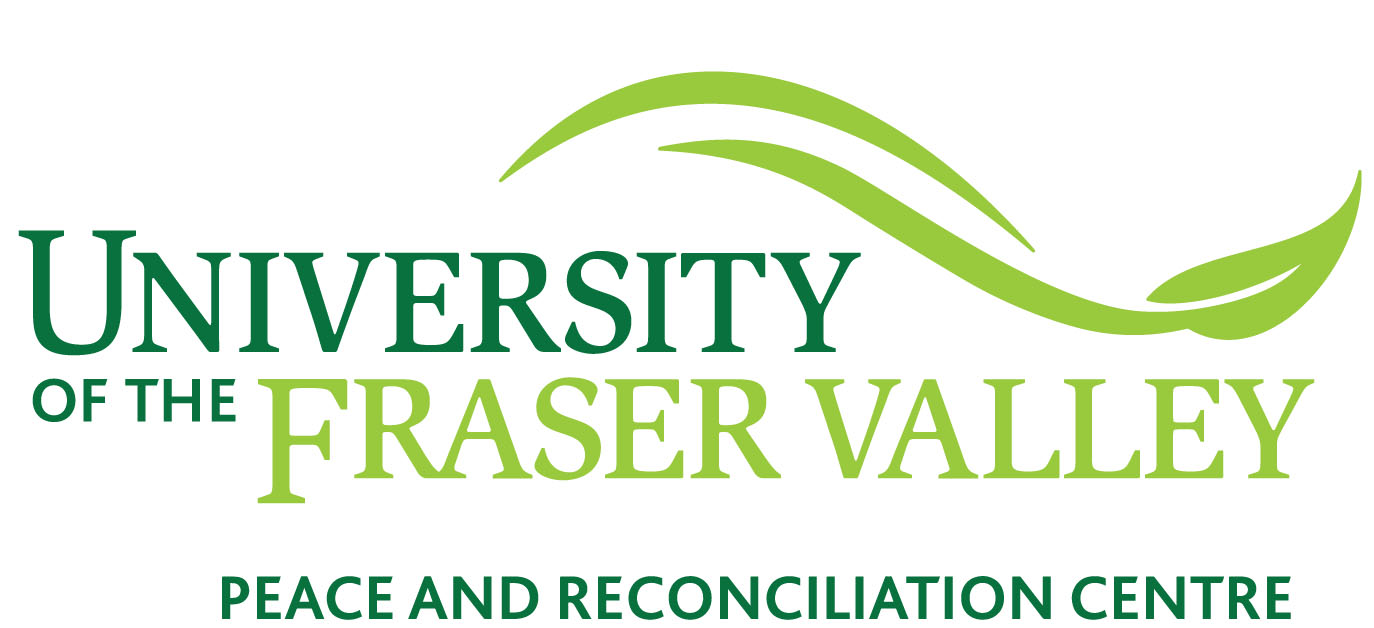


What can we do as individuals to help to build a more respectful relationship between Indigenous and non-Indigenous Canadians as we together pursue the goals of shared prosperity in a world with clean water and healthy lands? Key in answering this question is historical context. 150 years ago, BC politicians and settlers operated under the assumption that Indigenous people were a vanishing race. Because of this, they did not feel an obligation to negotiate treaties or to account for Indigenous rights. This has created today’s “conundrum of double permanence” – both Indigenous and settler societies are here to stay, yet none of BC’s governing or resource managing systems were designed to account for Indigenous title and rights.
In this presentation, Dr. Carlson provides an overview of BC history. This talk will provides accessible definitions of key concepts, along with powerful examples from history, to help us all think about ways to contribute meaningfully to the process of transcending settler colonialism. For it is only by transcending the framework of settler colonialism that we can build more equitable and genuinely respectful new ways for Indigenous and settler societies to coexist in a good way.
The Peace and Reconciliation Center (PARC) at UFV and The Reach have partnered on this talk to build on the community learning goals of the Stetís ímexstowx: Walk Besides Us gathering.
About the Speaker
Professor of History at the University of the Fraser Valley, Dr. Carlson is a Tier One Canada Research Chair in Indigenous and Community-Engaged History who considers himself first and foremost an ethnohistorian.
Professor Carlson’s scholarship is designed and conducted in partnership with communities and aspires to answer questions that are of relevance to those communities. His interests include: Indigenous history, Indigenous historical consciousness, and the history of settler colonialism — especially in western Canada and north western USA. The approach he takes is to invert the classic scholarly gaze and to forefront the perspective of Indigenous partners. “So what intrigues me most is not the history of Indigenous people in Canadian or American history, but the history of Canadian and American society within Indigenous histories,” offers Carlson.

